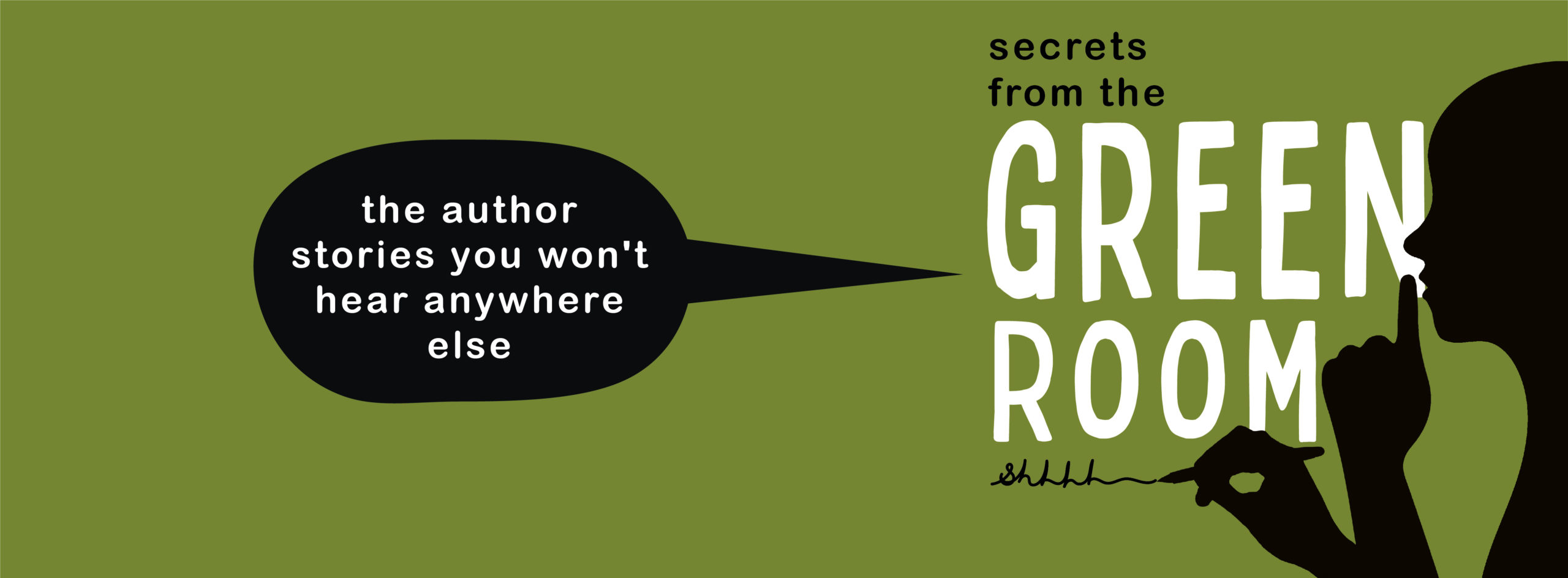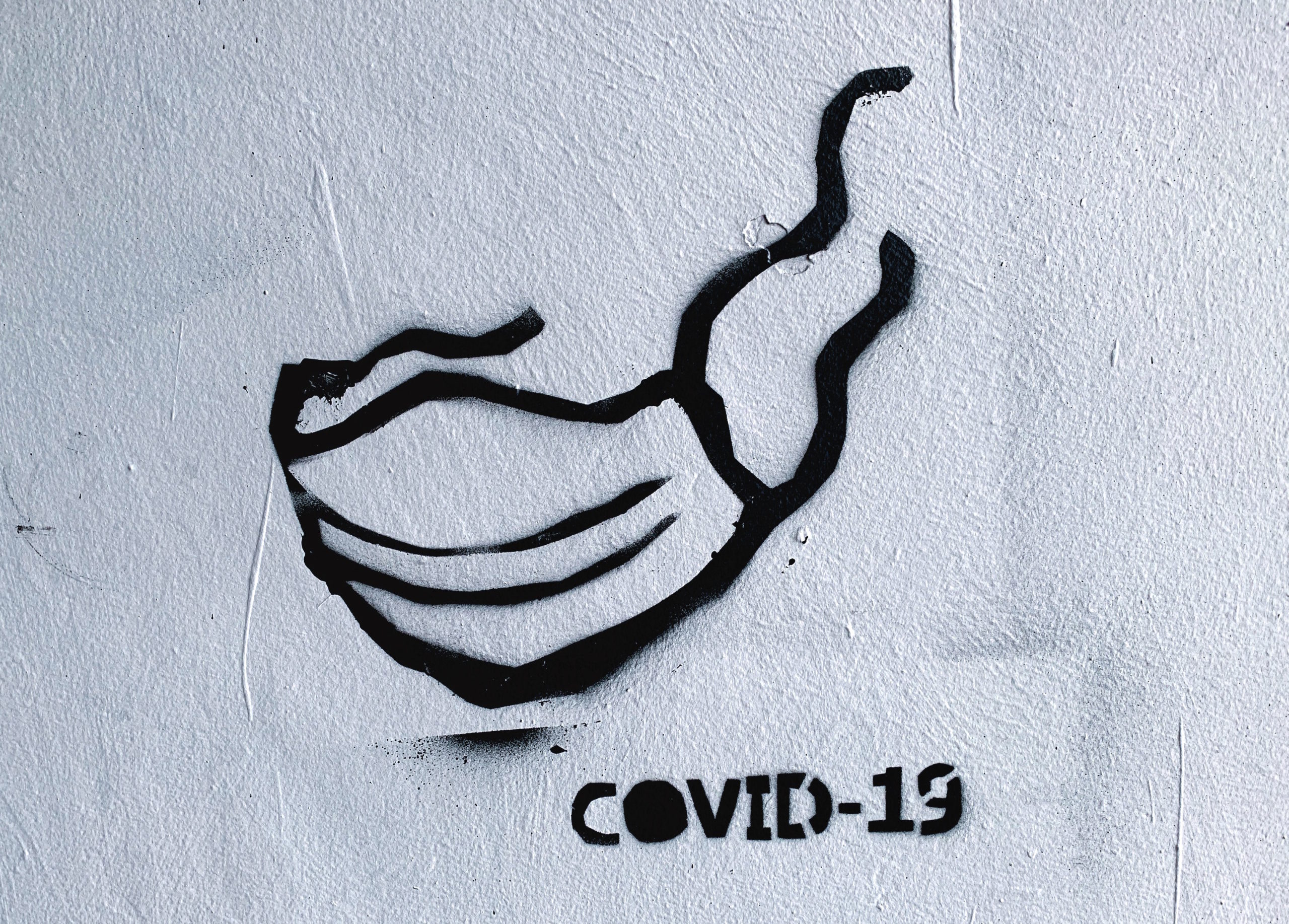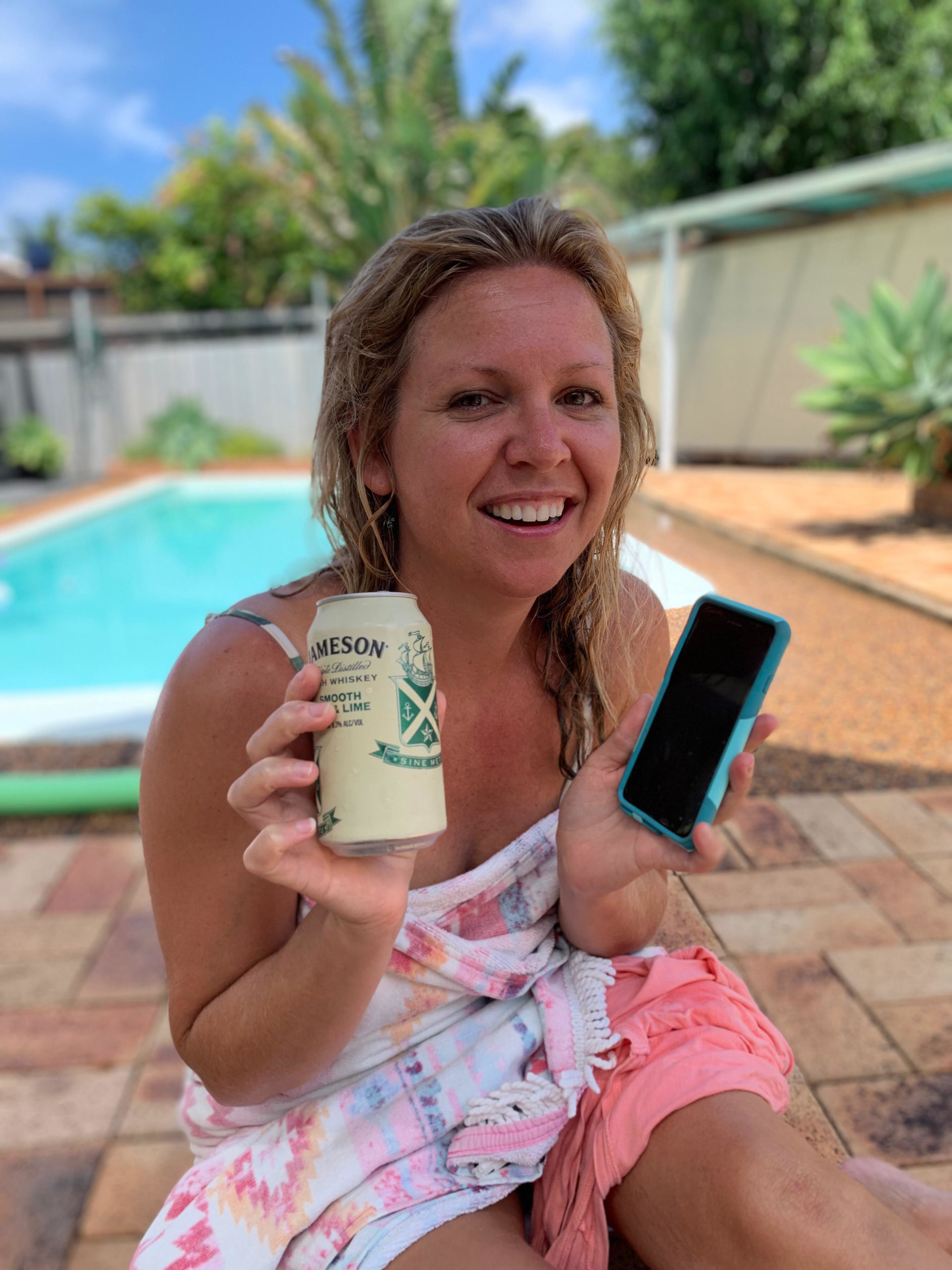Secrets from the Green Room
Read More »Secrets from the Green Room
Our tagline is ‘The author stories you won’t hear anywhere else’ because the podcast is taking green room chat live. When writers get together — be it in green rooms or bars or cafes — they talk frankly about the pleasures and pitfalls of writing and publishing in ways that they usually don’t when put on a stage at a festival. So Secrets from the Green Room is going to take you backstage, with thanks to our sponsor and supporter, the ACT Writers Centre.
Season 1 features James Bradley, Holden Sheppard, Karen Viggers, Chris Hammer, Anna Spargo-Ryan, and more. We talk about everything from rejected manuscripts that never made it to publication (Anna Spargo-Ryan), how the publisher you choose can have a big impact on sales — and no, it’s not necessarily about big versus small publishers (Chris Hammer), the perceived glamour of an author’s life versus the reality (Karen Viggers), being snubbed by literary big shots in the green room (Holden Sheppard) and so many other things besides.









